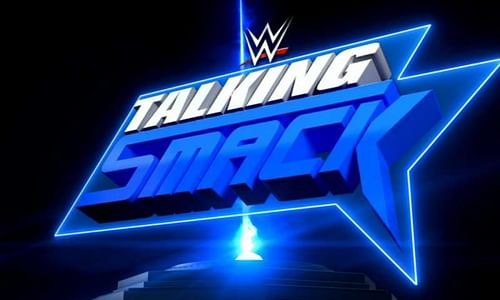
WWE News: Weekly Talking Smack cancelled, WWE issues statement
What’s the Story?
Since the Brand Split’s revival, the fans have praised Talking Smack as one of the best and most organic shows the company has to offer. However, the post-SmackDown show as we know it may undergo a major change.
WWE issued a statement confirming the cancellation of Talking Smack as a weekly series.
In case you didn’t know...
Talking Smack was launched in 2016 following the WWE Draft. Both Raw and SmackDown underwent creative and aesthetic changes, but SmackDown would be the first to offer a program exclusive to the WWE Network.
Talking Smack has been cited as one of the best programs the company and has led to several WWE superstars being elevated just from their captivating interviews. The first wrestler to benefit from this program was The Miz who cut a scathing promo on Daniel Bryan that many people say revitalised his career.
The heart of the matter
Mike Johnson of PWIsinder earlier reported that Talking Smack will only be used as a post-SmackDown Exclusive pay-per-view show similar to how Raw utilises the post-pay-per-view show Raw Talk.
Here is the statement WWE issued on the same:
We continuously review WWE Network’s programming line-up based on a variety of factors, including viewership and subscriber research. Talking Smack and Raw Talk will air following pay-per-view events, and Tuesday will continue to feature 205 LIVE.
What’s next?
There was no reason given as to why Talking Smack changed to a pay-per-view exclusive show, so it will lead to many fans questioning this program change from the WWE. The company reportedly cut down on pyro as a cost-cutting measure and cancelling the weekly live production of a post-show could be the next saving tactic.
Author’s take
This is by all accounts a bad decision considering how many wrestlers benefited from a weekly program that allowed them to explain actions and hype up big matches. Of all the programs WWE could’ve afforded to change, 205 Live needed a format change more than any program on the network; especially when you consider its low viewership.
